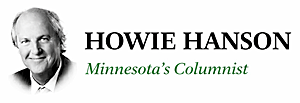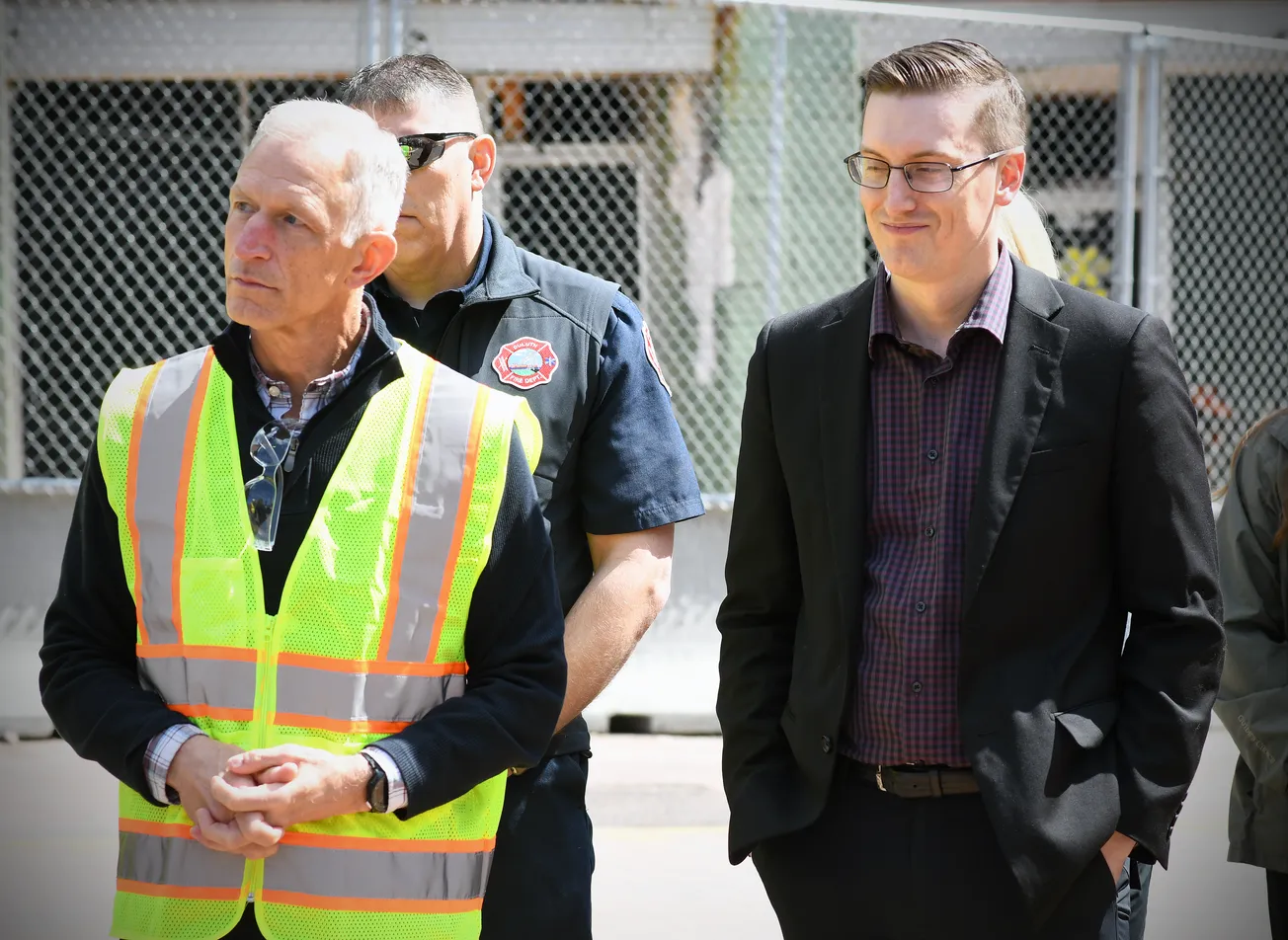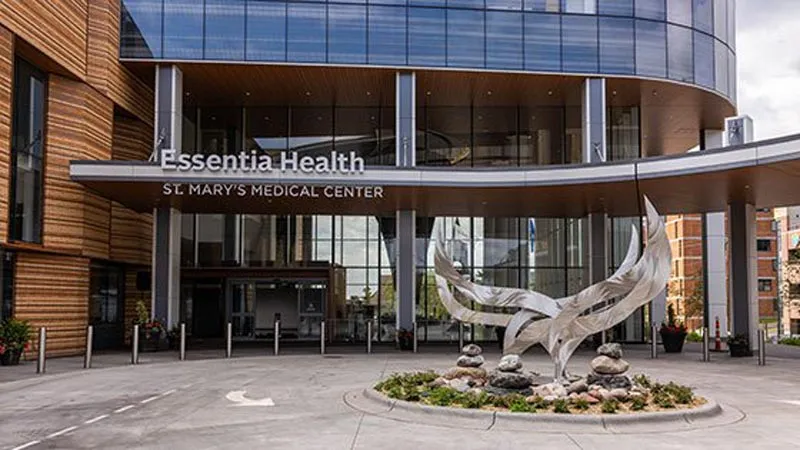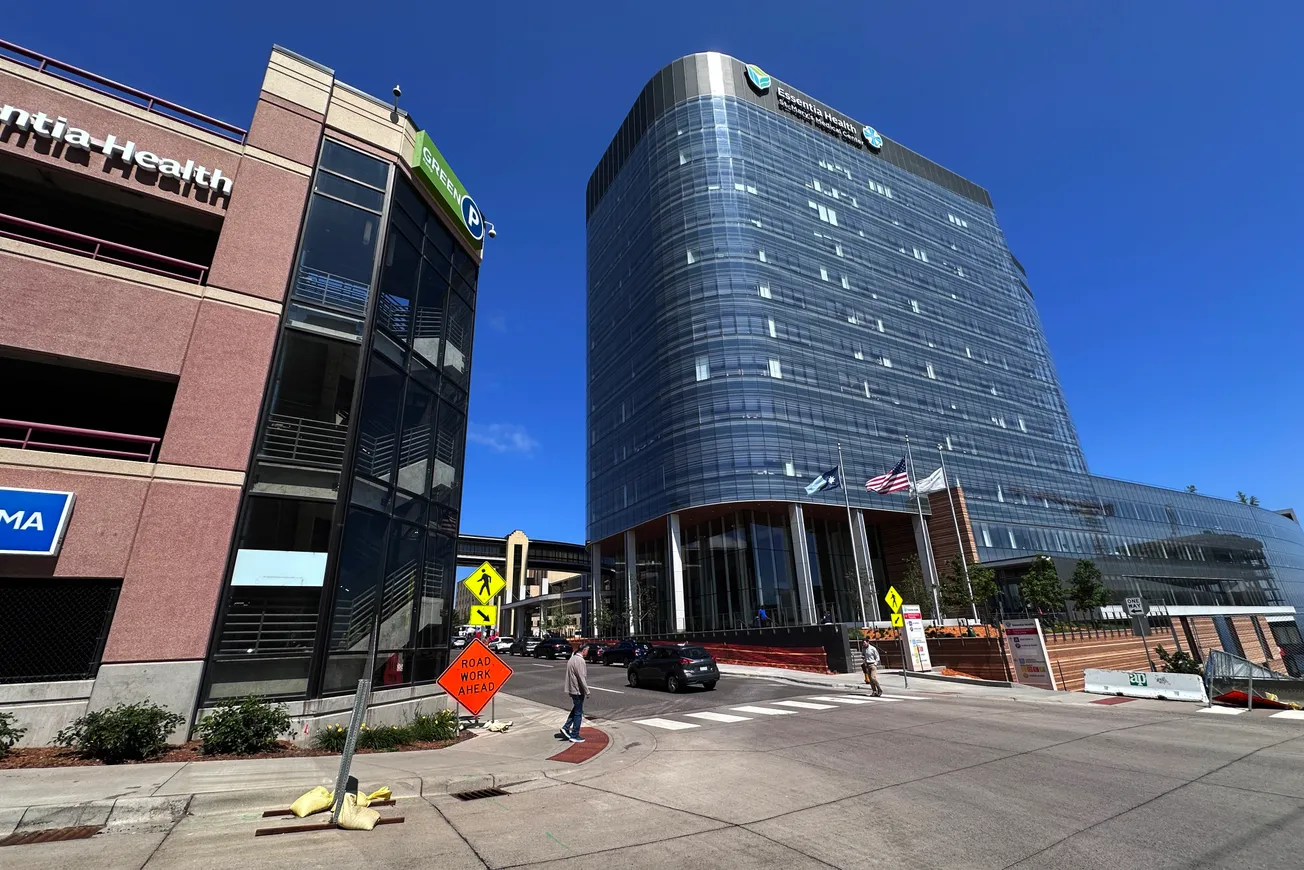
This is the beginning of something new. In over five decades of community journalism, I’ve met men and women whose work reshaped our region in ways most people will never see. They are not always governors, CEOs or headline-makers. Some are quieter. Some shun the spotlight altogether. But they are giants. And it’s time we name them.
This column marks the start of a series I call Minnesota’s Greatest Giants — a look at the people who have shaped our communities not by chasing attention, but by living their values and leaving behind lessons that demand we listen. These aren’t just profiles. They’re legacies. They’re the voices of people who remind us what this state could be if we chose courage over complacency.
And there’s no one better to start with than Fred Friedman.

The quiet fighter
In a lifetime of public defense and teaching, Friedman fought for the voiceless in courtrooms and reminded students in lecture halls that the promises of America are only real if we demand they be real for everyone. He is a man who lived by his convictions, not because it was easy, but because he couldn’t live any other way.
“I got into public defense the same reason I got into teaching. I saw from my wonderful parents and using them as role models and while growing up in Chicago, and Indiana and then moving to Duluth at 17, the enormous advantages that people with resources and their children had,” said Friedman, a retired chief public defender and college professor at Minnesota Duluth. “Sometimes money, almost always a stable home, more often than not, educated two-parent families, sometimes housing, and usually influential people that the privileged knew. I learned that the finish line is the same for everyone, but the starting line is different for everyone. I also met plenty of adults who got it and mentored me along the way. I decided I could make enough money so I could devote my career to attempting to narrow the gap everyday by advocating for procedural justice.”
That is Fred’s first lesson to us: the finish line is the same, but the starting line is different.
A life’s work
Fred was born in Chicago, raised in Fort Wayne, and moved to Duluth as a teenager, graduating from Denfeld High in 1965. He was student body president at UMD, magna cum laude, before earning his law degree at the University of Minnesota. Instead of chasing corporate law or politics, he came home. By 1973, he was a public defender. By 1986, he was the state’s longest-serving chief public defender, running the Sixth District until 2014.
He trained lawyers in nearly every state and in countries as far-flung as Singapore and Germany. He built a national reputation while staying rooted in Duluth. And through it all, he carried the same conviction: justice cannot depend on the weight of your wallet.

Protecting democracy from the money class
“I teach about the many great things America and Americans have accomplished and why, and how we have benefitted but also the several mistakes America and Americans have made and why, and how those political and economic decisions have helped create and maintain our lower middle and lower economic classes and give them no influence,” said Friedman. “I also teach that we have to protect democracy everyday and not surrender our Constitutional values to the money class that has enormous controls on advertising, elections, lobbying and social media. We also have to continue as does every democracy to decide if access to education, health care, day care, and safe housing are privileges or rights?”
That is Fred’s second lesson: democracy doesn’t keep itself. We keep it.
We like to think of Minnesota as a progressive state that leads. But on these questions — housing, health care, education — we lag. Vermont has experimented with universal primary care. Massachusetts treats housing as a human right. Although far away, Finland has shown how subsidized day care builds families and economies. These aren’t fantasies; they are policies. Minnesota could adopt them if we had the will.

Justice cannot be for sale
“Take money and politics out of justice and out of judicial decision making,” said Friedman. “End bail bonds. End judicial and prosecutorial elections. It is impossible for the voters to know who would make a fair judge or prosecutor at any level. Judicial candidates should not be allowed to write checks and be beholden to those that, if elected, will appoint them. Prosecutors should consider the Constitution, law and justice, not hold their finger up and measure the direction of popular breezes or who offers the most outrageous advertisements. The bail bond system gives the keys to the jail to bond women and men, If you are wealthy, you usually are free waiting trial. If you are poor you usually are locked up waiting for your court date in an underfunded, undermanned system.”
That’s Fred’s third lesson: justice cannot be for sale.
And here too, solutions exist. New Jersey virtually eliminated cash bail in 2017, moving to a risk-based system. Jail populations dropped, crime did not rise. Illinois passed the Pretrial Fairness Act. Washington State eliminated judicial campaign fundraising. Missouri set caseload caps for public defenders. None of these reforms are perfect. But they show that change is possible when lawmakers listen to people like Fred instead of lobbyists and political consultants.

Why Fred matters now
The world noticed Minnesota when George Floyd died under a police officer’s knee. What they saw was what Fred had been warning us about for decades: a system that preaches equality but delivers privilege to the wealthy and punishment to the poor.
What makes Friedman one of Minnesota’s Greatest Giants isn’t just his résumé — though it’s unmatched. It isn’t the awards — though he has them all. It isn’t even the fact that he taught thousands of students and trained thousands of lawyers. What makes him a giant is that he left us with lessons clear enough, blunt enough, and brave enough that we cannot pretend we didn’t hear them.
The finish line is the same, but the starting line is different.
Democracy doesn’t keep itself. We keep it.
Justice cannot be for sale.
That’s the legacy. That’s what he taught us. That’s what we either honor — or betray.

The hero who shuns the spotlight
I’ve met many people eager to be called heroes. Fred is the opposite. He shrugs away attention. He’d rather talk about his students than himself. But the truth is this: Fred Friedman is the greatest man I’ve ever met in my career — a hero who never wanted the title.
And that’s exactly what makes him one of Minnesota’s Greatest Giants.
If Minnesota ever finds the courage to fix its broken justice system, history will show that Fred gave us the roadmap all along.
Series note
Minnesota’s Greatest Giants is a continuing weekly series highlighting the people whose work, character and legacy have shaped our state in lasting ways. These stories are not simply biographies. They are lessons left behind — teachings we must carry forward if we are to build the Minnesota we claim to believe in.




